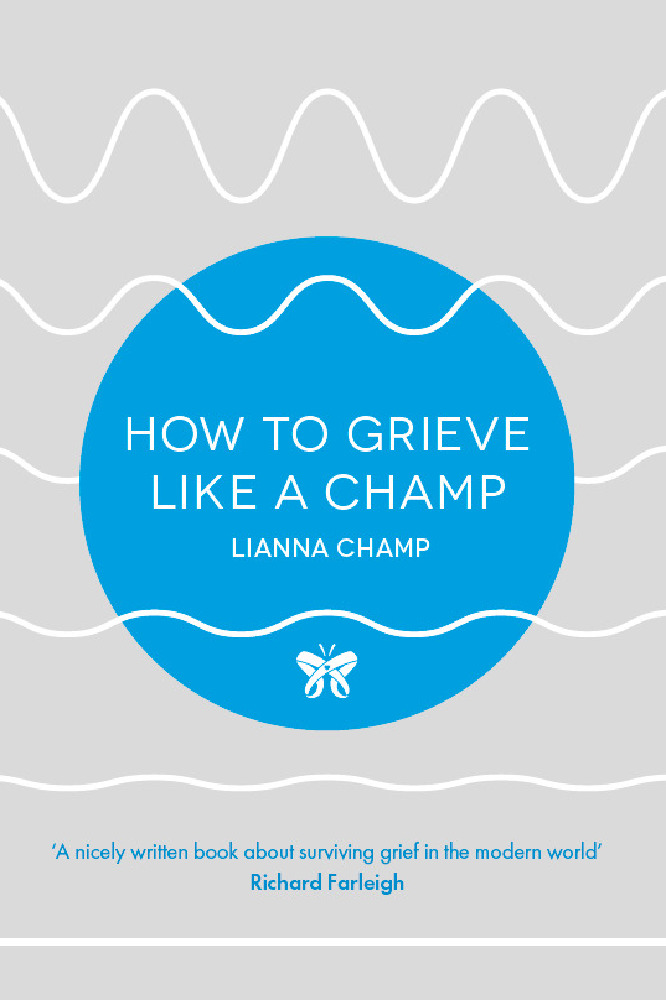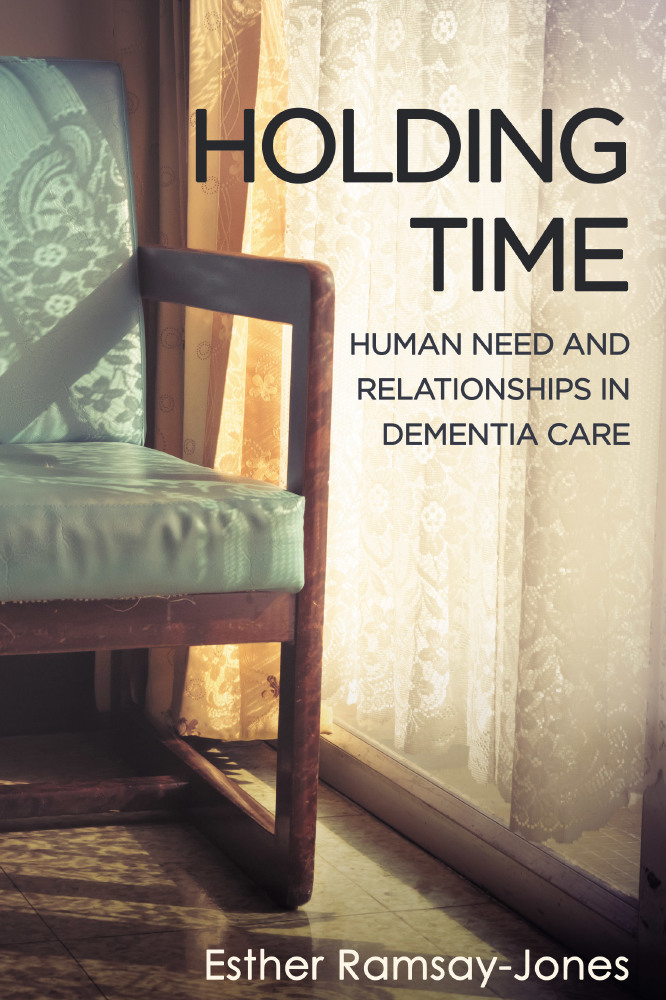THE MAGIC OF MEMORY

How To Grieve Like A Champ
When someone dies, it is traditional to have a funeral and a gathering afterwards. However we are seeing a huge shift away from the traditional mourning ritual towards celebrating life - focusing on what we have had rather than what we have lost. The beauty of this is that we can become pro-active in the process and it can be a giant step in the healing journey as we search for meaning and expression in choosing a really special celebration of that person’s life. We can also take our time rather than cope with the knee jerk reaction of arranging a funeral within the space of a week or two.
Traditionally, funerals have been grimly sad occasions and even more so during the restrictions forced upon us during the lockdown. Being in a pandemic and seeing death on such a scale can make us search for things we can do to help us transition our losses in a way that respects, recognises and continues the life of those we have lost. It is important to focus on the happiness, love and shared moments whilst also recognising our sadness but not letting it blind us to the joy of memory.
When someone we love dies, our physical relationship with them ends on the day of the burial or cremation, but our emotional relationship lasts as strongly until we die. And this is why our memories and sharing them with each other is such an important part of healing.
Sometimes, a direct, unattended cremation is chosen and a celebration of life takes place at a later date. Or we may choose to have the coffin or basket present which be decorated, written on, have photos attached, flowers placed and candles lit. It can be very liberating for us to choose what works for us and can help to reconcile the pain of our losses as we direct our energy into the essence, legacy and life of our loved one.
PLANNING MAKES PERFECT
Have a family/friends think tank. If you can’t do it in person, do it via Zoom. Allow each other turns to speak without interrupting and have a designated note taker. I find that it is a good way to create something special if you can merge individual wishes and sometimes we can even build bridges across old divides. Each person has a unique and individual relationship with the person who has died and this is a great way to reflect the many facets of their character. You can then begin to plan the actual ceremony itself.
If you look at each one of you as a piece of the jigsaw, the celebration of life ceremony becomes the whole picture.
I often think what I want to achieve and then work backwards.
MASTER OF CEREMONIES
The ceremony needs a structure and someone to lead. A good funeral director will be able to advise and help you with this. Choose someone you feel comfortable with and don’t be afraid to ask questions or try something new. Often the best ideas come from just throwing your thoughts out there. You can do anything - as long as it is legal!
COMPONENTS FOR THE CEREMONY
Things to consider:
· What aspects of their personality are strongest and how can they best be expressed
· Were they the life and soul of the party or reserved and happy to watch from the sidelines?
· Does music play a big part in their life?
· What about creating a photograph slideshow from different periods of their life or create a photograph booklet to hand out?
· Their working life and achievements?
· Hobbies - are there any props you can incorporate?
· Quotes, poems, songs or readings that meant a lot to them
· Flower tributes in a theme
· How about a ‘This Is Your Life’ ceremony where significant relatives and friends can step forward and share milestones, a favourite memory or something they learned from their loved one that will stay with them forever.
These are just some of the many things you can do and you can choose a venue to suit your needs. Many venues are now accepting the presence of the coffin or basket during the ceremony.
SOME SUGGESTED THEMES
There are so many avenues you can explore:
· A live music event with a fundraiser for charity
· A poetry evening
· A quiet nature walk for family and close friends or a larger country ramble
· A picnic or a weekend somewhere special where you gather to share memories, cook favourite meals and raise a glass in remembrance
· A barbecue or special dinner
This coming together to create a celebration of your loved one’s life is a wonderful way to walk through your grief. There is time for reflection, for sadness and for happiness for having been blessed to have known such love.
Lianna Champ has over 40 years’ experience in grief counselling and funeral care and is author of practical guide, How to Grieve Like A Champ
RELATED: Seven ways to support a partner who is grieving for a loved one
Esther Ramsay-Jones lectures on ‘Death, Dying and Bereavement’ at the Open University. She has presented her work at various locations around the world and her papers have been published in academic journals and anthologies. She practises as a specialist psychotherapist in palliative care, working with people with long-term conditions and their families. Her book, Holding Time, is out in September 2019, available online and in all good bookshops. Losing someone we love often changes us. Though each person is likely to experience grief differently, from stunned denial, deep sadness to overwhelming anxiety or rage, grief is an emotionally intense experience...


